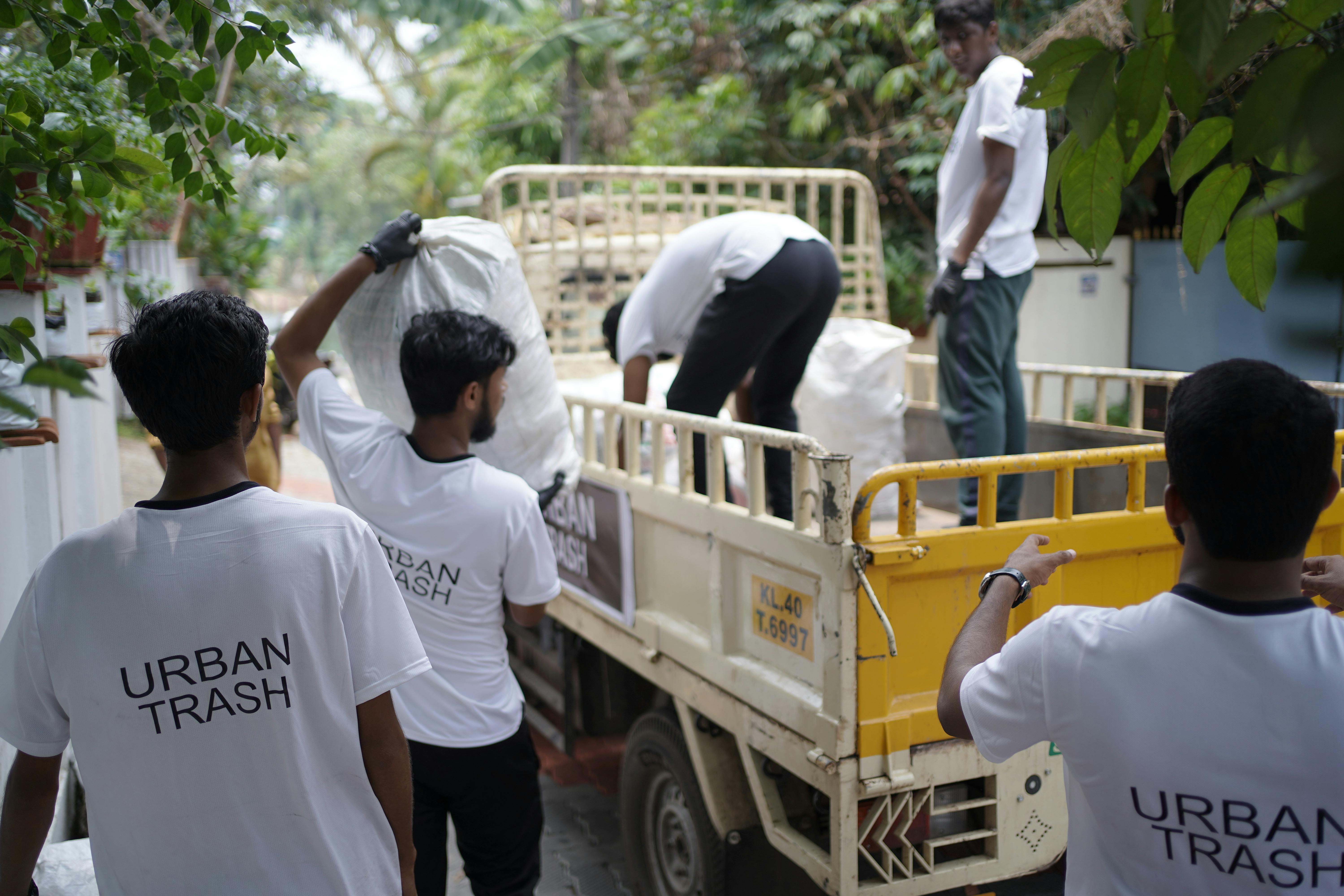 .
.
Introduction
Waste management is a very important part of today’s world. With the increase in population, the amount of waste that is generated is also increasing exponentially. It is therefore critical to find the best waste management standards to ensure a sustainable and ecological environment. In this blog post, we will discuss the key aspects to consider when choosing a waste management standard, and provide some practical tips to help you make the right choice for your business or organisation.
What is Waste Management?
Waste management is the collection, transportation, and disposal of waste products. It is an important part of society, as it helps to reduce the amount of waste that is disposed of in landfills and other areas. Additionally, efficient waste management can help to reduce the amount of pollution that is caused by the disposal of waste. There are several different waste management standards that can be used, and it is important to choose the best one for your needs.
Why is it Important to Choose the Right Waste Management Standard?
Choosing the right waste management standard is essential for ensuring a sustainable and ecological environment. It can help to reduce the amount of waste that is disposed of in landfills and other areas, and can help to reduce the amount of pollution that is caused by the disposal of waste. Additionally, choosing the right waste management standard can help to improve the efficiency of the waste management process, as well as helping to reduce the overall costs associated with waste management.
Key Considerations When Choosing a Waste Management Standard:
1. Understand the Regulations:
It is important to understand the regulations that are in place in regards to waste management. This will help to ensure that the waste management standard that is chosen is compliant with the relevant regulations. Additionally, this will help to ensure that the waste management standard is effective and efficient.
2. Consider the Type of Waste:
The type of waste that is being managed needs to be taken into account when choosing a waste management standard. Different types of waste require different types of waste management, and it is important to ensure that the waste management standard is appropriate for the type of waste that is being managed.
3. Consider the Cost:
The cost of the waste management standard needs to be taken into account when choosing the best one. Different standards will have different costs associated with them, and it is important to ensure that the cost is affordable and reasonable.
4. Consider the Environment:
When choosing a waste management standard, it is important to consider the environment as well. Some waste management standards can have a negative impact on the environment, and it is important to ensure that the standard that is chosen is environmentally friendly.
5. Consider the Location:
The location of the waste management needs to be taken into account when choosing a waste management standard. Different locations will have different regulations and requirements, and it is important to ensure that the waste management standard is compliant with the relevant regulations.
6. Consider the Technology:
The technology that is used for waste management needs to be considered when choosing a waste management standard. Different technologies can provide different levels of efficiency and effectiveness, and it is important to ensure that the technology that is chosen is suitable for the type of waste that is being managed.
7. Consider the Expertise:
The expertise of the waste management team needs to be taken into account when choosing a waste management standard. Different teams have different levels of expertise, and it is important to ensure that the team that is chosen is suitable for the type of waste that is being managed.
Conclusion
When it comes to choosing the best waste management standard, there are several key aspects that need to be taken into account. It is important to understand the regulations that are in place, consider the type of waste that is being managed, and consider the cost, environment, location, technology, and expertise of the waste management team. By taking these aspects into account, it is possible to choose the best waste management standard for your needs.
